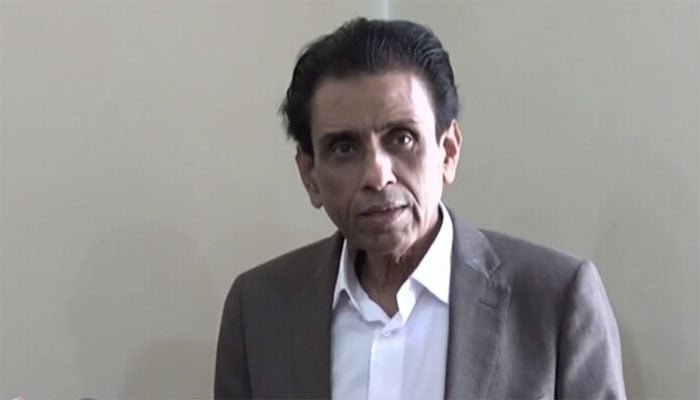A significant administrative reshuffle has commenced in the federal bureaucracy following the appointment of former Prime Minister Shehbaz Sharif. Key changes have been made in the Prime Minister’s Office, with Samir Ahmed Syed being appointed as Joint Secretary after being transferred from the Punjab government.
Samir Ahmed Syed previously served as the Principal Staff Officer to Prime Minister Shehbaz Sharif and Secretary to the Chief Minister of Punjab, Mohsin Naqvi. He will now undertake responsibilities as the Joint Secretary in the Prime Minister’s Office, including handling the responsibilities of the Principal Staff Officer to the Prime Minister.
Meanwhile, awaiting confirmation in the Establishment Division are Grade 22 officer Parvez Ahmed Junijo and Grade 20 officer Ayesha Zareen Siddiqui, who have been appointed as Additional Secretaries in the Establishment Division.
Furthermore, Muhammad Salim, Deputy Secretary in the Ministry of Overseas Pakistanis, has been appointed as Additional Secretary in the Establishment Division. Meanwhile, Deputy Secretary in the Ministry of Religious Affairs, Muhammad Razi, has been appointed as Additional Director-General at the Auditor General of Pakistan’s office.
Abdul Wahid Thaheem, Deputy Secretary in the Overseas Pakistanis Division, has been directed to report to the Establishment Division, indicating further changes in bureaucratic assignments.
The reshuffle indicates a strategic realignment of key personnel within the federal bureaucracy, likely aimed at optimizing administrative efficiency and aligning government functions with the priorities of the new administration under Prime Minister Shehbaz Sharif. Such personnel changes often reflect the government’s evolving policy objectives and its focus on streamlining decision-making processes.
However, it remains to be seen how these changes will impact the functioning of government departments and their ability to deliver services effectively. Transparency and accountability in the selection and placement of officials are crucial to ensure the smooth functioning of the bureaucracy and to maintain public trust in governance institutions.



